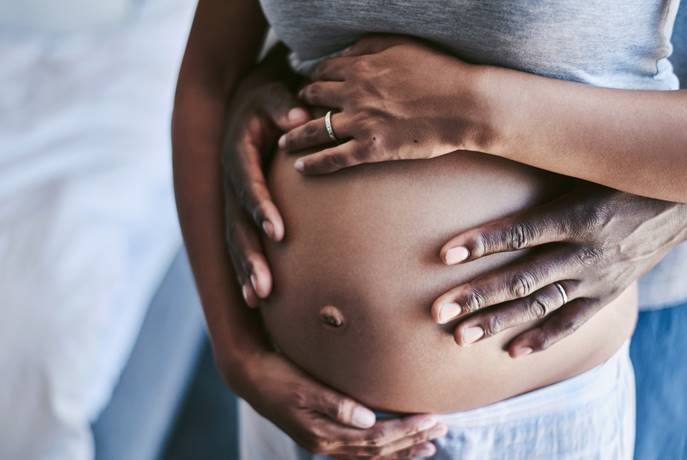
- South Africa will, on Saturday, join the world in commemorating Fetal Alcohol Spectrum Awareness Day.
- 27-year-old Tisha cannot read or write and struggles to remember things she must do.
- She was born with fetal alcohol spectrum disorder.
Tisha is 27. She cannot read or write and struggles to remember things she must do.
She was born with fetal alcohol spectrum disorder (FASD).
South Africa joins the rest of the world today in commemorating Fetal Alcohol Spectrum Awareness Day. This day is commemorated each year at nine minutes past nine on the ninth day of the ninth month to draw attention to FASD.
South Africa has the highest reported rates of fetal alcohol spectrum disorder in the world: 111.1 per 1 000 of the population.
According to the National Library of Medicine, the disorder may affect seven million people.
Capetonian Vivien Lourens said Tisha was born prematurely and was just 10 weeks old when she adopted her.
After the adoption, Lourens and her husband Peter started their own NGO, the Fetal Alcohol Syndrome Information Centre (FASIC), which they run from their home.
"The centre could not find anyone to adopt Tisha because of all her health complications. We struggled with her health, so I spent much time at the Red Cross Hospital, where she received physical and occupational therapy," Lourens said.
She added that Tisha had only started walking after a year and was delayed in speaking.
Lourens said:
She described Tisha as a bubbly child who was always happy, and had no behaviour issues.
"She does not remember things that she is supposed to do. You have to constantly remind her. She thinks everything costs R5, and when we go shopping, we try to buy the same brands because she cannot read or write."
Lourens added that Tisha, who attended special schools, desperately wanted to read and write, but that it was impossible.
"When she communicates with her friends, they use WhatsApp voice notes because she cannot text," she said.
On Wednesday, Deputy Social Development Minister Hendrietta Bogopane-Zulu called for women who drink while pregnant to face criminal charges.
"South Africans have an unhealthy relationship with alcohol, where binge drinking has become the norm among youngsters," she said.
READ | Deputy minister wants pregnant women who drink to be charged, but expert says it's not so simple
However, Lourens differs with the deputy minister about criminalising these mothers. "Who will look after the child when the mother is in prison? We need to educate mothers about the dangers of drinking alcohol when pregnant," she said.
But she agreed that mothers should stop drinking alcohol when they realise they are pregnant.
"The damage is forever and cannot be repaired. You will end up with a child with multiple syndromes," she said.
Dr Marlene de Vries from the Department of Psychiatry at Stellenbosch University said women need better support to prevent fetal alcohol spectrum disorders.
She has been researching FASD in rural areas in the Western Cape since 2008.
De Vries said:
She added that none of the women in her study had completed their schooling, leaving them vulnerable in the labour market and financially dependent.
"Some have carried their childhood trauma and loss into adulthood and suffer from depression without receiving any counselling or treatment. They live in communities where weekend binge drinking is considered a normal and acceptable way of socialising. Often, their extended families, partners and friends are heavy drinkers."
De Vries said that many women were abandoned by their partners, or had had partners who abused drugs and alcohol, assaulted them physically, and failed to support them financially and emotionally.
"This experience greatly influenced the women's drinking behaviour during pregnancy," she said.




 Publications
Publications
 Partners
Partners
























